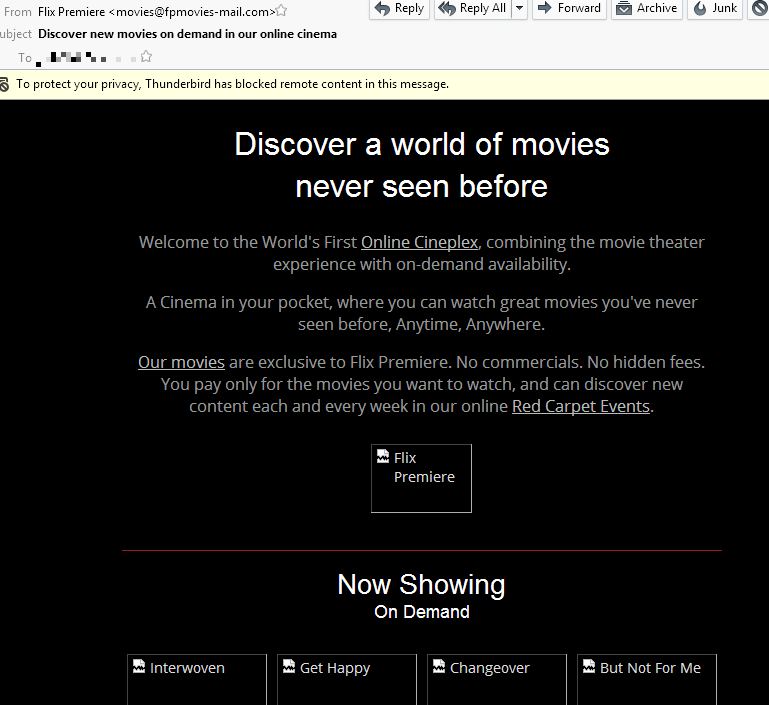I have been seeing A LOT of people lately who have been caught in today’s most common computer scams.
I want to review them briefly and help you avoid making a mistake and giving control of your computer or bank account to a scammer. All of them are modern takes on the “snake oil” smoke-and-mirrors show from history designed to separate you from your money.
There are three ways that the latest wave of tech scams work:
- You get a random call from someone claiming to be from Microsoft or another large computer company, sometimes on all of your cell and home phones in a short time frame. They’re always sporting a fairly heavy foreign accent and phrase things strangely. They’ll tell you all kinds of stories about how terrible your computer is or how many viruses you’re leaking on the Internet. It’ll sound REALLY BAD. They’ll offer to help you fix it…for a price of course.
- The pop-up scary talking warning! Your browser loads an infected website or a malicious ad and gets kicked over to a HUGE SCARY WARNING that says your computer is infected and you need to call the number on the screen. If your speakers aren’t muted, it’ll also talk to you in a synthesized voice. If you call, you’ll get the same people as in (1) but this time they didn’t have to luck up and cold-call you, plus you’ll already be terrified so they can trick you into doing what they want.
- You call “tech support” for a large company like HP or Dell. You’re not really talking to an HP or Dell employee; you’re talking to an iYogi employee in India whose job is to sell you a support contract. I’m not sure if they’re the same people doing the other two, but it’s the same song and dance as the other two: you’ll get a nice show hyping up how horrible of a situation your computer is in and a hard sell on buying support from them.
In all of these situations, the person on the phone will want to use remote support tools such as TeamViewer or Citrix GoToAssist to get remote control of your computer. Once they have remote control, they are capable of doing ANYTHING THEY WANT to your computer, though they don’t usually seem to infect machines; it’s mainly a high-pressure sales pitch for $300 of computer snake oil.
CUT SCAMS OFF BEFORE THEY CAN AFFECT YOU.
For cold-call scammers in (1), hang up quickly. If they call again later, keep hanging up. The more they talk, the more likely it is that they’ll convince you to remote them in and pay up.
For the huge scary pop-up in (2), open Task Manager and kill your browser from there. If that’s not working out, just hold the power button on the computer for five seconds and it’ll shut off. Your computer IS NOT INFECTED. If it happens again after rebooting, try power-cycling your modem and router; these can get temporarily “infected” in a way that causes the computer to land on these scary sites quickly, but this “infection” doesn’t survive the power to the box being unplugged.
For the big corporate tech support calls in (3), it’s a bit more difficult because sometimes you’ll be talking to a legitimate support agent that isn’t going to try to scam you. The key things that tell you it’s going to be a scam are that they (A) want to get remote access to your computer without spending a lot of time trying to talk you through it first, (B) they tell you that your computer has serious problems and want to help you fix them, or (C) they mention money at any point in the process. IF ANY OF THESE THREE THINGS HAPPENS, try calling back or seek help from someone else that you trust. Make sure you’re calling the support phone number on the manufacturer’s official website as well!
Almost all of the computers I’ve checked in the past month that were targeted by these scams didn’t have any serious problems before or after the scammer got on, but many of my customers had to initiate chargebacks on their cards or change their bank accounts or get their cards exchanged which is frustrating and annoying.
If you’re in or near the Chatham County, Randolph County, Orange County, or Wake County areas of North Carolina and you’re concerned that your computer has been messed up by a scammer, you can get support from me at Tritech Computer Solutions in Siler City, including 100% free in-store diagnostics and repair quotes.

